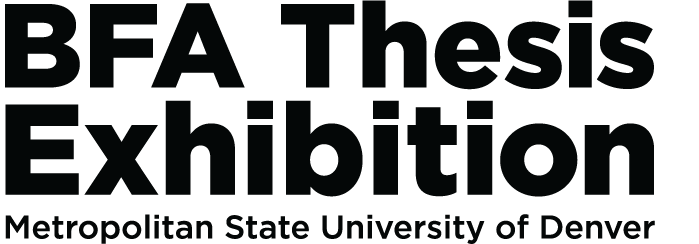


Toxic Positivity
Adam French
Over the past few years, our world has experienced a considerable amount of negativity through disease, disaster, and cultural oppression. On a greater scale, the emotional temperature created by these traumas has left our community feeling hostile and depressed, leaving people with little sense of hope.
Although it can be beneficial to engage in positive thinking when times are hard, American culture has a long history of promoting the notion that no matter how difficult life gets, one must preserve a positive mindset. Our society has become accustomed to using cliche terms like “Happiness is a choice” or “Keep your head up,” which ultimately deny people the emotional support they need when grappling with a difficult situation. Suppressing these emotions further can be detrimental to one’s mental health. [1]
As a reaction to the pervasiveness of Toxic Positivity, I created a series of public-facing stencil-based murals that have been applied throughout the city of Denver and to the exterior of the Center for Visual Art (CVA). My objective in creating this series is to cultivate an honest, yet hopeful outlook for the local community. Central to each mural is a teddy bear who promotes and simultaneously mocks, toxic/positive phrases, which are mostly used as methods to ignore the emotional truth of a situation. The teddy bear is a cheeky representation of pure innocence. He accepts pain, validates emotions, and encourages authentic communication that can lead to actualized positive change.
[1] Sokal, Laura, Lesley Eblie Trudel, and Jeff Babb. “It’s okay to be okay too. Why calling out teachers’ “toxic positivity” may backfire.” EdCan 60(3) (Fall 2020), accessed September 20, 2021, https://hdl.handle.net/10680/1873

